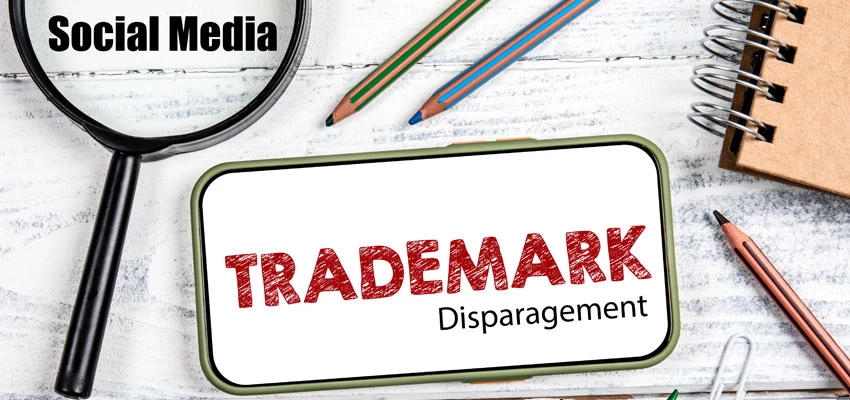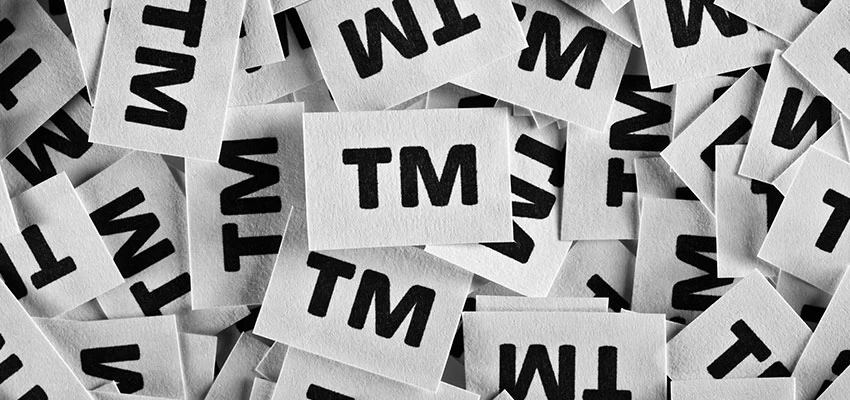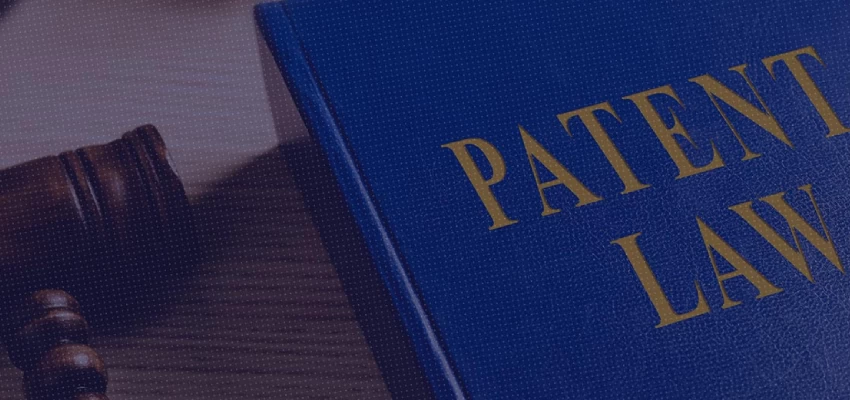Introduction
Google's Ads programme (Google Ads) is a self-service platform where advertisers can create and display online ads for their websites by bidding on keywords related to their businesses. These sponsored ads are displayed on the first page of the Google search engine result page (SERP) and are labelled with the prefix "Ad" to differentiate them from "natural" or "organic" search results. The Google Ads also provides suggestions to advertisers on keywords relating to their business and these suggestions are based on the average sample of the volume of earlier searches conducted relating to the choice of keywords of a business. This could mean that a suggested keyword could be that of an abbreviation or complete name and trademarks of a popular entity in the business as well. Deciding the legality of the use of such trademarks as part of Google Ads, a Division Bench (Two Judge Bench) (DB) of the Delhi High Court (DHC) recently passed a Judgement in a case involving MakeMyTrip India Pvt. Ltd. (‘MIPL’, ‘MMT’); Booking Netherlands & Booking India (Bookings.com) and Google LLC on 14th December 2023[1]. Deciding in favour of Google LLC and Booking.com, the DB held that use of trademarks as keywords did not constitute infringement of trademarks of MPIL.
Facts of the case
Alleging trademark infringement under Section 29 of the Trade Marks Act, 1999 (Act), MakeMyTrip India (P). Ltd., a digital travel portal, filed a suit against Booking Netherlands and Booking India (Booking.com), another online travel portal as well as Google LLC, a search engine operator; seeking permanent and mandatory injunction against using MIPLs registered trademarks ‘MakeMyTrip’ and its variants. The issue centred on the fact that MMT was aggrieved by the appearance of Booking.com among the top results on the SERP every time a search was conducted on Google for www.makemytrip.com thereby, as per MIPL, it resulted in trademark infringement.
Before the Single Judge, Booking.com contended that their use of keywords for advertising purposes on Google is covered under the judgment of the European Commission (EC) in the “Guess judgment”[2], wherein the EC had held that there cannot be any restriction on the use of a trademark as a keyword on the Google Ads Program, even by competitors of the brand owners.
The Single Judge ruled that using a registered trademark as a keyword is a form of trademark infringement. MIPL, a travel company, claimed that Booking.com used the mark 'MakeMyTrip' as a keyword for advertising purposes, violating Sections 2(2)(b), 29(4)(c), 29(6)(d), 29(7), and 29(8)(a) of the Trade Marks Act, 1999 (the Act). The Single Judge further held that Google was exploiting MIPL's goodwill by allowing Booking.com to use the mark as keywords, violating Section 29(8) of the Act. It was also noted that the use of the keyword could potentially constitute passing off. However, the court withheld their rights with respect to the words, ‘make’, ‘my’, ‘trip’, by not permitting them to use them either conjunctively or on a standalone basis, in a descriptive or generic sense on the Google Ads Program.
Google LLC filed an appeal against this ad-interim order[3] dated 27th April 2022 of the Single Judge which restrained the rival platform Booking.com from bidding on Google Adwords of MMT’s trademarks.
Observations of the DB on impugned decision
Noting that the dispute before them is covered by their own earlier decision in Google LLC v. DRS Logistics (P) Ltd. and Ors.,[4] the DB observed that the Single Judge in the impugned decision had erred in classifying the use of trademark as keywords as infringing under Section 29(1) of the Act as the use of words relating to MMT by Booking.com is not for the purpose of portraying it to be a ‘trademark’ of their business. The DB further noted that Booking.com using words relating to MMT under Google Ads Programme to advertise does not qualify under Section 29(4) of the Act as well. It was noted that Section 29(4) prescribes three conditions to constitute trademark infringement[5] namely:
- Use of identical or similar trademark;
- Use of identical or similar trademark in relation to goods or services not similar to those of registered mark; and,
- Using and damaging reputation of trade relating to registered mark.
The DB observed that the acts of Booking.com and Google neither satisfied the condition under Section 29(4)(b) or 29(4)(c)[6] as Booking.com is stand alone platform for travel services.[7] Additionally, the DB observed that the alleged infringement does not qualify under Section 29(8)[8] of the Act as there is absence of confusion or deceit[9] on the part of Booking.com and Google.[10] It was further observed that application of Section 29(7) of the Act by the Single Judge is also erroneous as the registered mark was neither used for labelling nor packaging for advertising goods or services.[11]
Issues and further arguments
The DB noted that the issues in the present matter had been delt with them in an earlier Judgment in the case of Google v. DRS. the issues decided in the said Judgment were as follows:
- Whether use of the trademarks as keywords amounts to use of those marks for the purposes of Section 29 of the TM Act
- If so, whether such use is that of the advertiser by Google as well.
- Whether the use of the trademark as keywords per se amounts to infringement of a trademark
- If so, whether Google is absolved of its liability in respect of use of trademarks as keywords by virtue of being an intermediary under Section 79 of the Information Technology Act, 2000 (IT Act)
In the Google v. DRS Judgment, the DB therein had answered the above issues as follows:
1. Answering the first issue in the negative the DB therein noted that in order to prove trademark infringement, Section 29(1) of the Act mandates that the infringing mark be used as a "trademark." The Court determined that Section 29(1) of the Act is inapplicable since keywords are not used by advertisers and marketers as a means of source identification, and their usage cannot be interpreted as "use of a trademark.” It was further elaborated that when a trademark is used as a keyword by an advertiser to display their ads on a search engine, they are using the mark in connection with their products and services. However, that mark is not being used as a trademark.
2. The Court ruled that Google had an active role in the Ads programme by promoting the use of trademarks as keywords. The DB in the case of Google v. DRS held that Google, and not the advertisers, by its qualitative decision making process, had the power to make a final decision on which Ad is displayed on the search page. The DB further disagreed with the ECJ's view in Google France SARL v. Louis Vuitton Malletier SA,[12] which ruled that Google allowed clients to use signs without itself using them.
3. The Court rejected the contention under Section 29(2) of the Act, and decided in favor of Google, finding no illegality in utilizing trademarks as keywords if there is no mistake about the links or advertising being linked to DRS. The court further rejected contentions under Section 29(4) of the Act and held that trademark owners do not have an extended right to block Google's use of alternatives to sponsored ads and that the company's use of them is not unreasonable. The Court further stated that fair use of a trademark is allowed and that using a trademark as a “term” does not always damage the trademark's reputation or character.
Deciding against Google on the 4th issue, the DB in Google v. DRS ruled that Google's involvement in selecting receivers and using trademarks as keywords in infringing links does not qualify it for immunity under Section 79 of the IT Act[13] if such activities qualify to infringe trademarks.
Considering that the Google v. DRS judgment was pronounced after conclusion of arguments in the present matter, the DB extended an opportunity to the parties for further arguments. The Counsel for Google completely conceded to the Courts observation; whereas the counsel for MMT partially conceding that all questions are covered by Google v. DRS but 2 issues and advanced arguments towards the same. The 2 remaining issues are listed below:
- Similarity of services offered by Booking.com is infringement under Section 29(2) of the Act; and
- Similarity of goods and services qualifying infringement under Section 29(4) of the Act.
Decision of the Court
Answering the first contention in the negative the DB observed that it would not venture into examining the impugned infringement under Section 29(2) of the Act as the Single Judge had not qualified the impugned infringement under the said provision, additionally the DB also held the second contention also in the negative as the issue is no longer res integra in view of Renaissance Hotel Holdings Inc. v. B. Vijaya Sai[14] and Google v. DRS[15] as it was held there that every advantage drawn by use of a trademark cannot be termed as drawing unfair advantage of the trademark without cause. It was further held in Google v. DRS[16] that identifying customers who may be looking for goods or services of a particular brand for offering them alternatives is not unfair.
Conclusion
Google is relieved by the ruling since it allows it to keep utilizing trademarks as keywords as long as there is no confusion. Google will, however, need to take greater care and respond quickly to complaints from trademark owners alleging violation. The court struck a compromise between Google, internet users, and trademark owners' conflicting rights, encouraging competition and opposing overly intrusive attempts to restrict trademark use.
[The first author is a Partner while other two are Associates in IPR practice at Lakshmikumaran & Sridharan Attorneys]
- [1] FAO(OS) (COMM) 147/2022 (Neutral Citation: 2023/DHC/8960)
- [2] AT.40428-GUESS dated 17th December, 2018
- [3] CS (COMM) 268/2022 (Neutral Citation: 2022/DHC/1593)
- [4] 2023 SCC OnLine Del 4809
- [5] Renaissance Hotel Holdings Inc. v. B. Vijaya Sai, (2022) 5 SCC 1
- [6] Para 23 to 25 of the Judgment
- [7] Para 21 of the Judgment
- [8] Three conditions of use of mark to advertising by infringer under Section 29(8) are: (a) Unfair advantage and contrary to honest practices; (b) detrimental to distinctive character of mark; and, (c) against reputation of mark holder.
- [9] Google LLC v. DRS Logistics (P) Ltd. and Ors. Supra at 4 (para 166 to 170)
- [10] Para 26 of the Judgment
- [11] Para 27 of the Judgment
- [12] Google France SARL and Google Inc. v. Louis Vuitton Malletier SA & Ors. : C-236/08 to C238/08 (2010) [2011] All ER (EC) 411
- [13] Immunity of an intermediary.
- [14] Supra at 5, para 57 and 68
- [15] Supra at 4, para 132 to 134
- [16] Para 166











